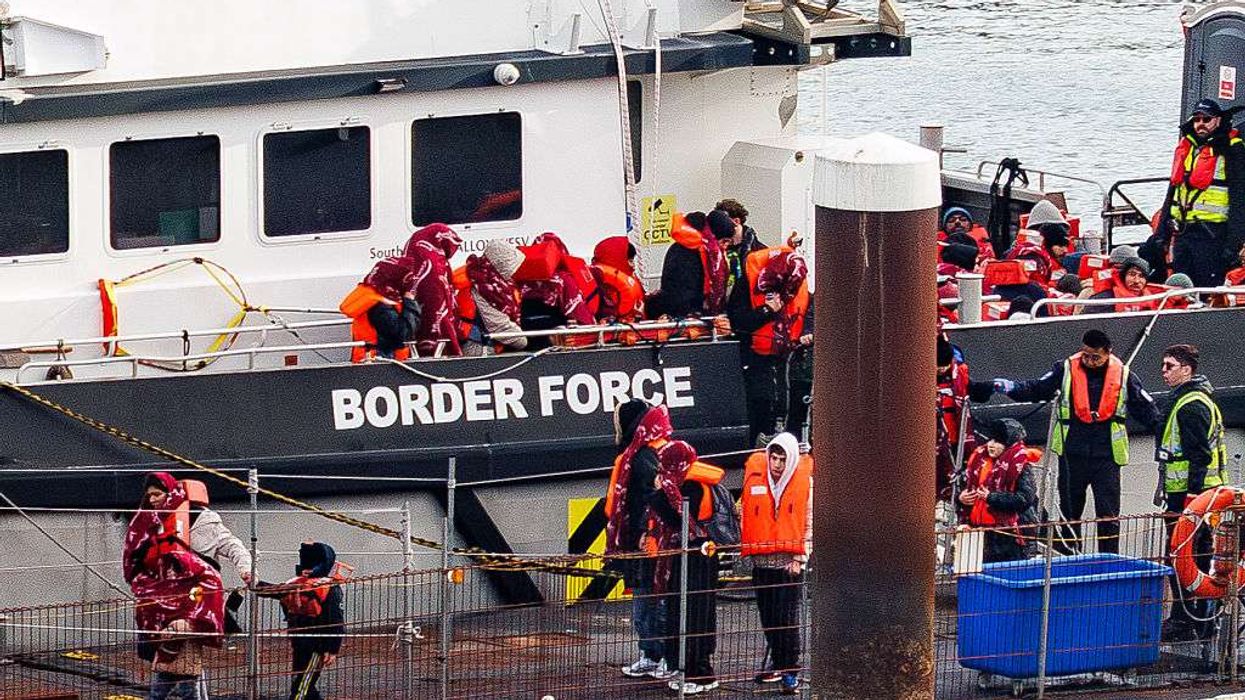Kenyan police killed at least 11 people in a crackdown on protests as anger at the re-election of President Uhuru Kenyatta erupted in the western city of Kisumu and slums ringing the capital, officials and witnesses said on Saturday. The bodies of nine young men shot dead overnight in Nairobi’s Mathare slum had been brought to the city morgue, a security official said. The men were killed during police anti-looting operations, the official added. Separately, a young girl in Mathare was killed by police firing “sporadic shots”, a witness said. The run-down neighbourhood is loyal to 72-year-old opposition leader Raila Odinga, whose party rejected Tuesday’s vote as a “charade”.
A reporter in Kisumu, centre of post-election ethnic violence a decade ago in which 1,200 people died nationwide, said tear gas and live rounds were fired. One man had been killed, a government official said. The unrest erupted moments after Kenya’s election commission announced late on Friday that Kenyatta, 55, had secured a second five-year term in office, despite opposition allegations that the tally was a fraud.
Interior Minister Fred Matiang’i said the trouble was localized and blamed it on “criminal elements” rather than legitimate political protest. Odinga’s NASA coalition provided no evidence for its rejection of the result. Kenya’s main monitoring group, ELOG, said on Saturday its tally matched the official outcome, undermining NASA’s allegations of fraud.
In addition to the deaths, Kisumu’s main hospital was treating four people for gunshot wounds and six who had been beaten by Kenyan police, its records showed. One man, 28-year-old Moses Oduor, was inside his home in the impoverished district of Obunga when police conducting house-to-house raids dragged him out of his bedroom and beat him with clubs.
“He was not out fighting them. He was rescued by my sister who lives next to him. She came outside screaming at the police, asking why they are beating people,” his brother, Charles Ochieng said, speaking on behalf of a dazed Oduor. More shooting was heard outside the hospital on Saturday morning. In Nairobi, armed police units backed by water cannon moved through the rubble-strewn streets of Kibera, another pro-Odinga slum.
Interior minister Matiang’i defended the police against accusations of brutality. “Let us be honest – there are no demonstrations happening,” he said. “Individuals or gangs that are looting shops, that want to endanger lives, that are breaking into people’s businesses – those are not demonstrators. They are criminals. And we expect police to deal with criminals how criminals should be dealt with.”
As with previous votes in 2007 and 2013, this year’s elections have exposed the underlying ethnic tensions in the nation of 45 million, the economic engine of East Africa and the region’s main trading hub. In particular, Odinga’s Luo tribe, who hail from the west, had hoped an Odinga presidency would have broken the Kikuyu and Kalenjin dominance of central government since independence in 1963. Kenyatta, son of Kenya’s first president, is a Kikuyu.
Even before the declaration, Odinga’s NASA coalition had rejected the outcome, saying the election commission’s systems had been hacked, the count was irregular and foreign observers who gave the poll a clean bill of health was biased. NASA provided no evidence for any of its accusations but singled out former US Secretary of State John Kerry and former South African president Thabo Mbeki – who both led teams of election observers for criticism.
Top Odinga lieutenant James Orengo said NASA would not challenge the results in court – as Odinga did when he lost in 2013 – but hinted at mass action by praising the history of Kenyans in standing up to previous “stolen” elections. “Going to court is not an option. We have been there before,” Orengo added.
In addition to the thumbs-up from foreign monitors, Kenya’s ELOG domestic observation group, which had 8,300 agents on the ground, published a parallel vote tally on Saturday that conformed with the official results. ELOG’s projected outcome put Kenyatta on 54 percent with a 1.9 percent error margin – compared to an official tally of 54.3 percent. “We did not find anything deliberately manipulated,” ELOG chairwoman Regina Opondo said.












